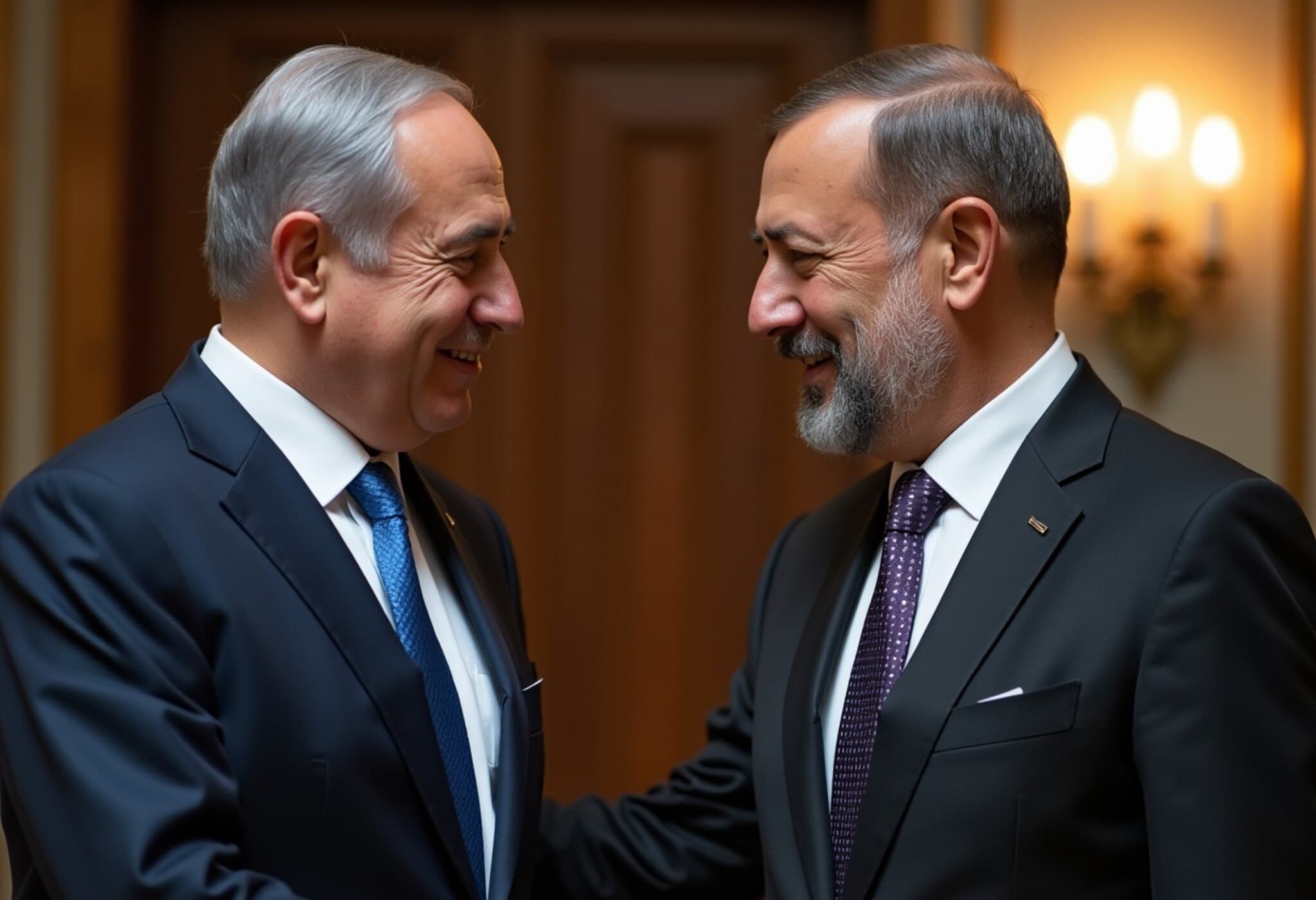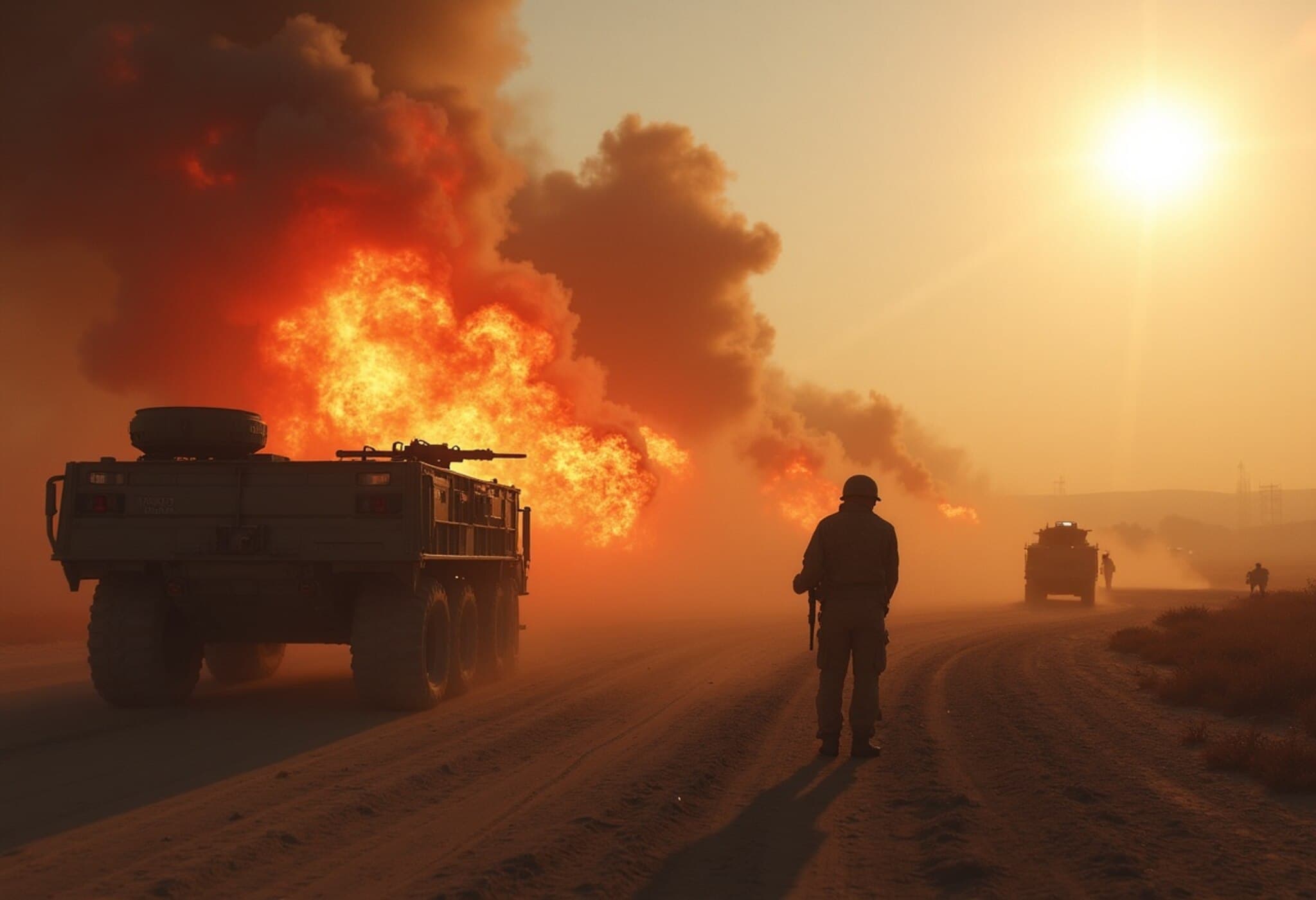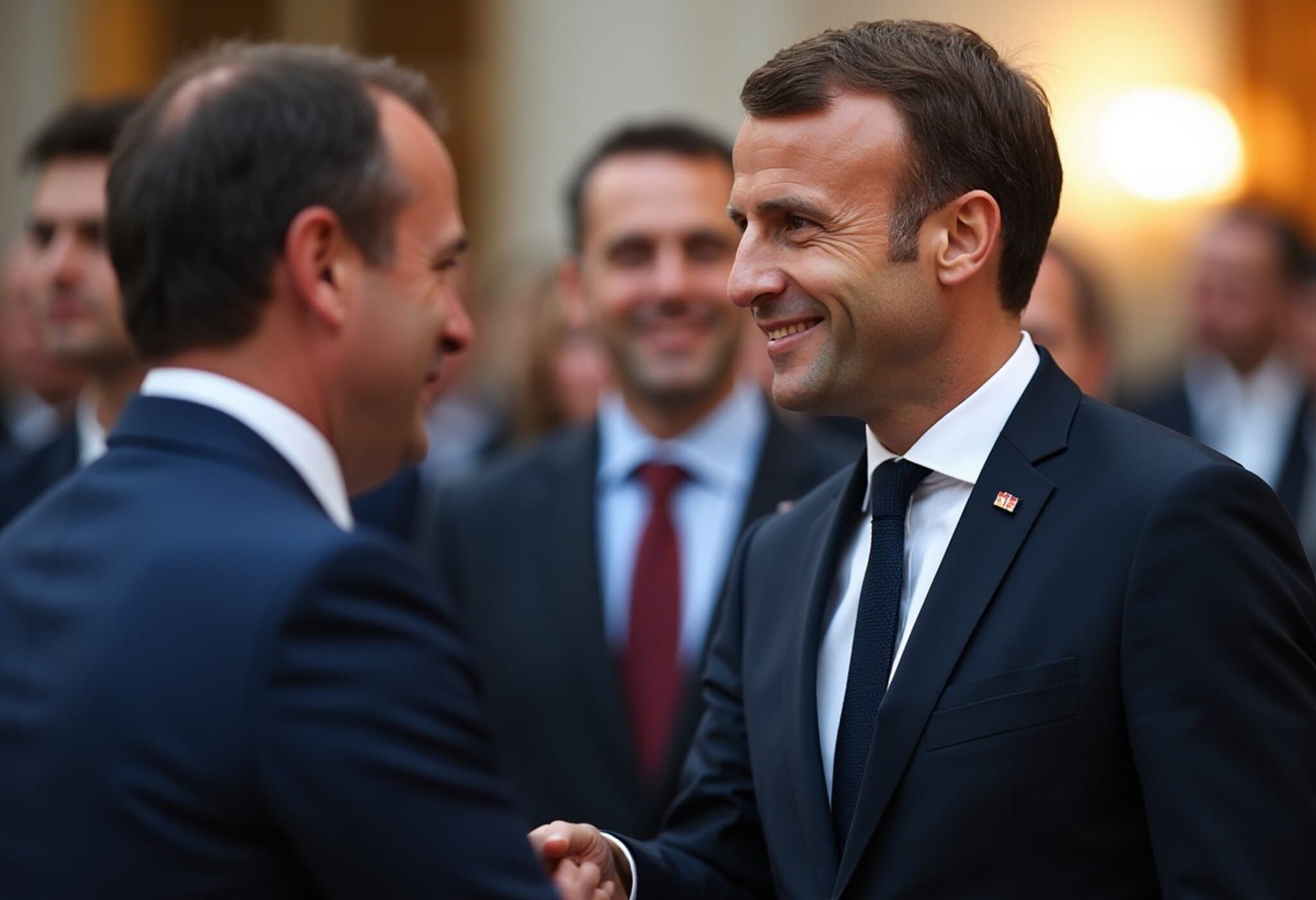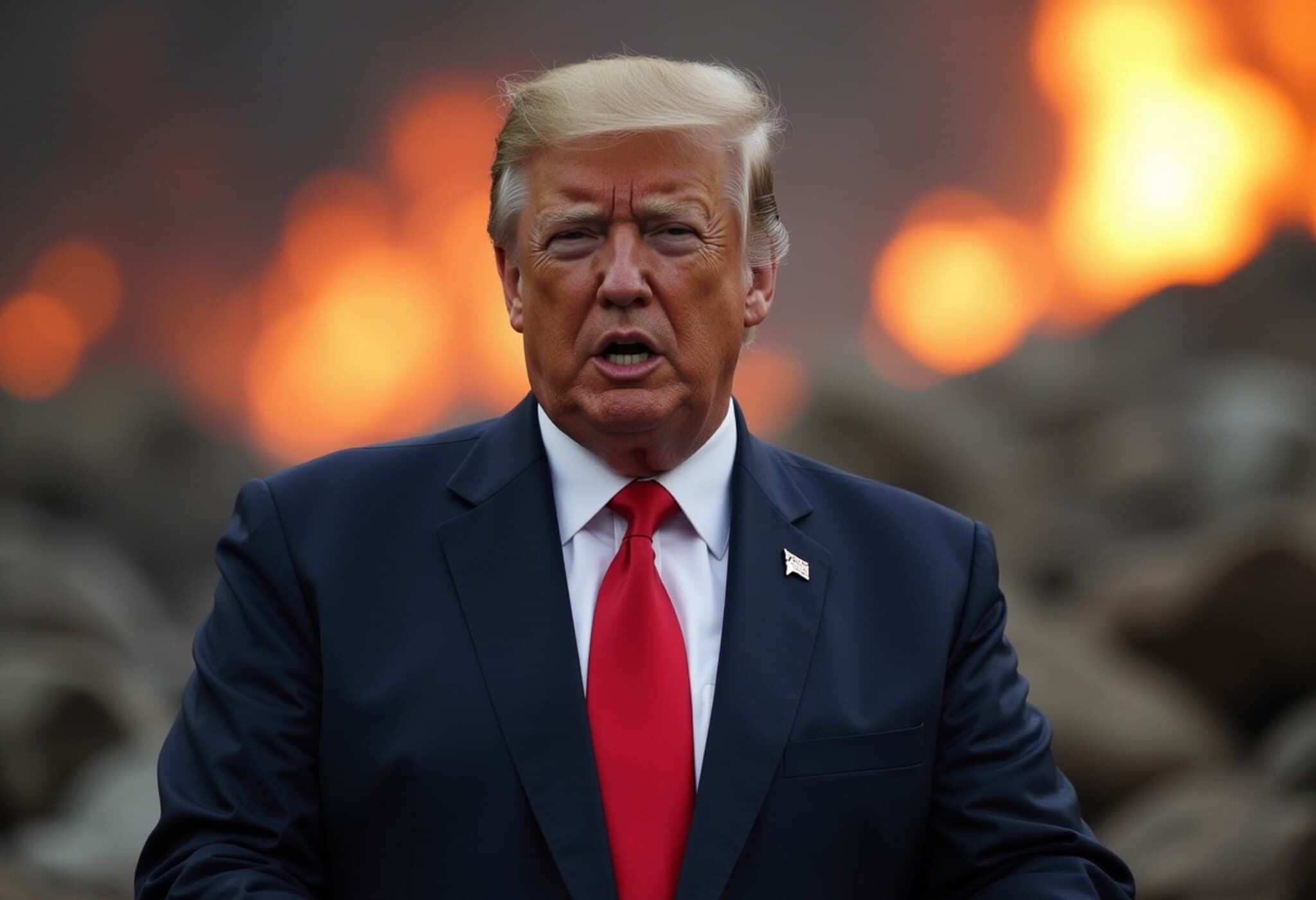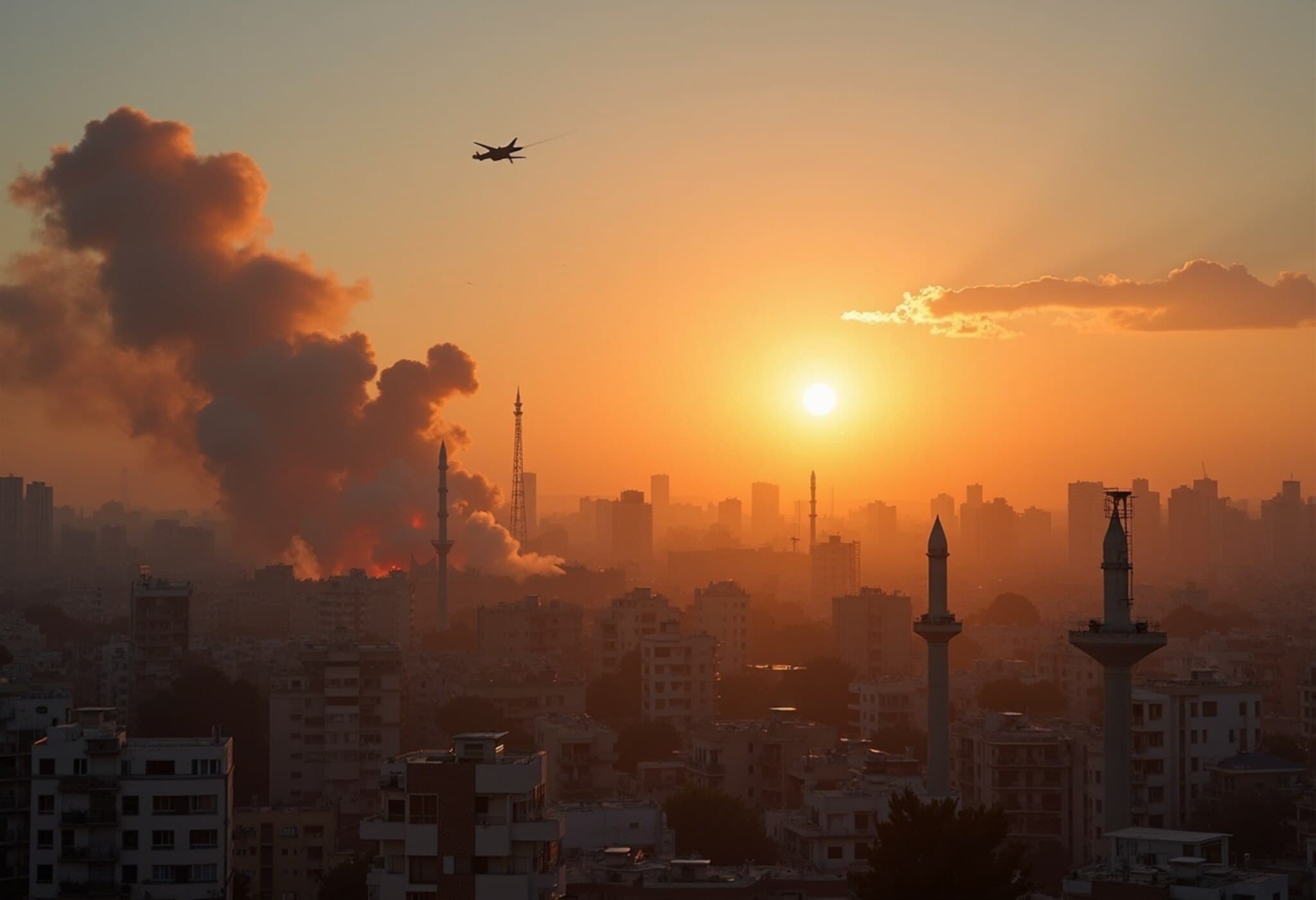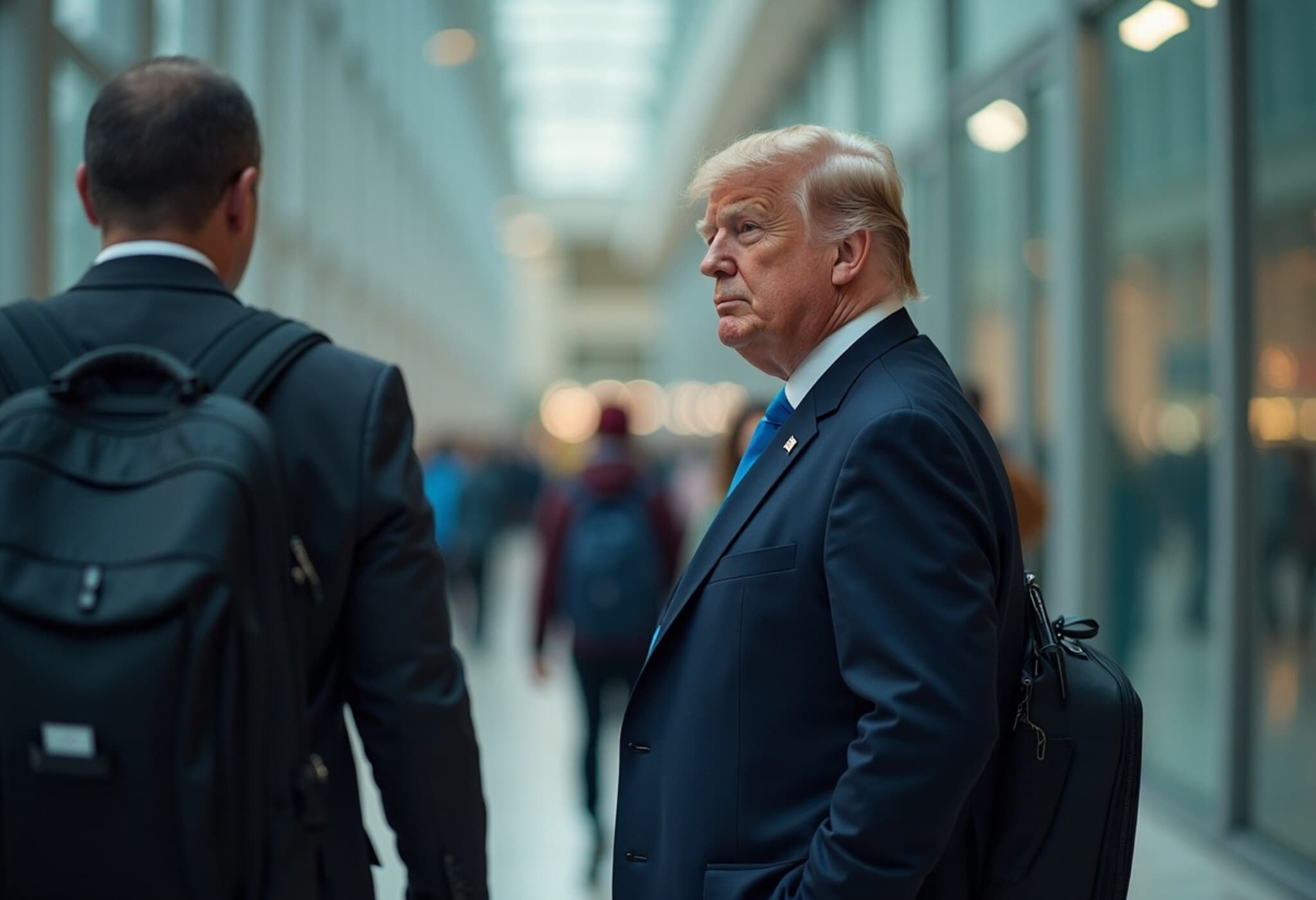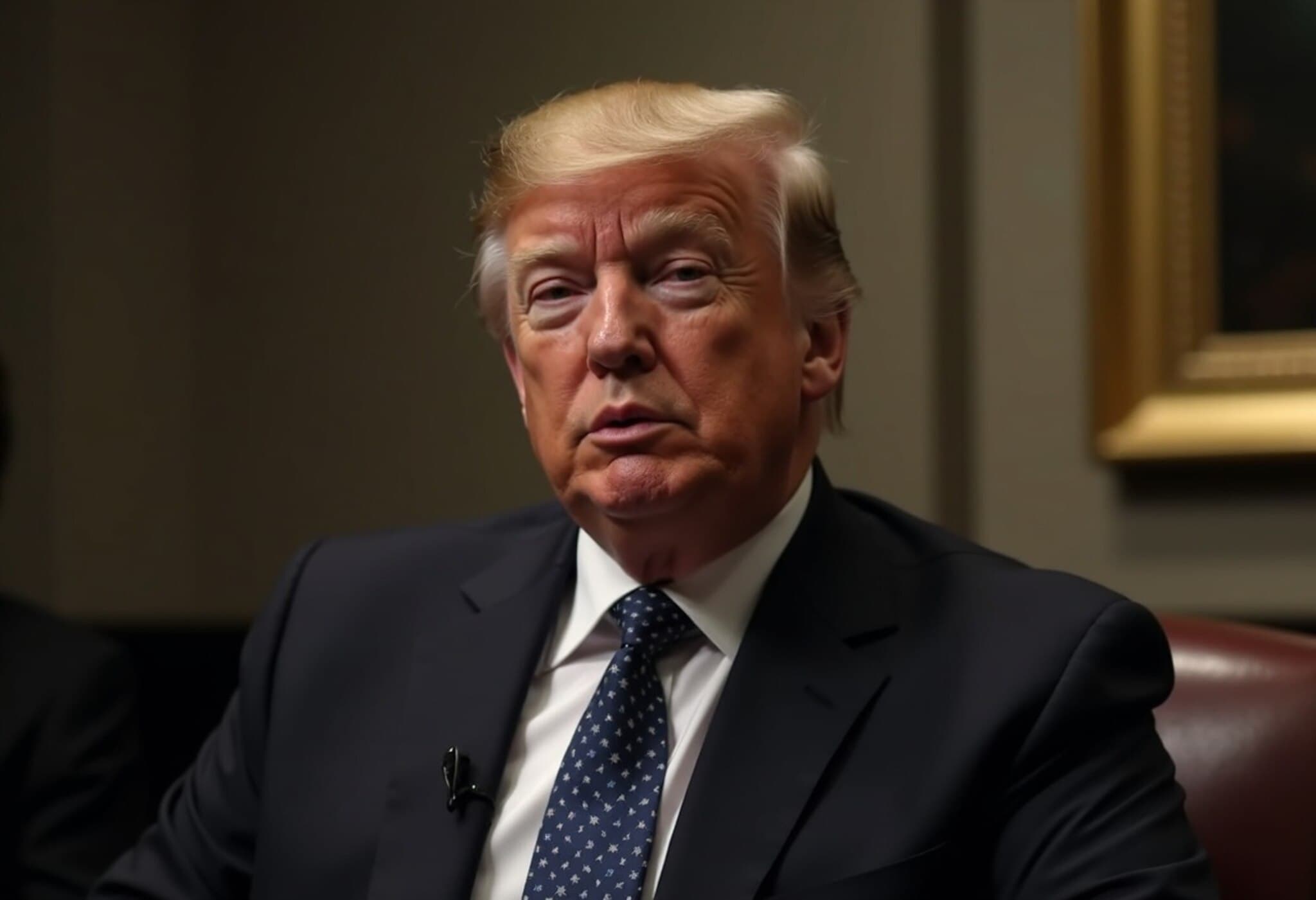Trump Intervenes in Israel’s Plan to Target Iran's Supreme Leader
Former President Donald Trump reportedly vetoed an Israeli initiative aimed at assassinating Iran’s Supreme Leader, Ayatollah Ali Khamenei. According to confidential U.S. sources, Israeli intelligence identified a strategic opportunity to eliminate Khamenei as part of its escalating military operations against Iran. However, Trump is said to have intervened decisively, emphasizing that the United States would not pursue Iran's top leadership without direct American casualties involved.
A senior U.S. official remarked, "Have the Iranians killed an American yet? No. Until they do, we're not even talking about going after the political leadership."
Israel’s Shifting Strategy and Ongoing Retaliations
Over the past months, Israel has intensified its campaign against Iran, notably through "Operation Rising Lion," which Israel credits for the elimination of nine nuclear scientists and multiple senior military commanders. These strikes underscore a shift from solely targeting Iran’s nuclear facilities to directly confronting its leadership. Among the attacks, one caused significant structural damage at the Natanz uranium enrichment site.
In response, Iran launched a missile barrage dubbed "Operation True Promise III," triggering air raid sirens across Israeli cities, including the capital, Tel Aviv. Israeli fighter jets countered with strikes targeting key locations in Tehran, escalating the conflict further.
In a fiery, televised statement, Supreme Leader Khamenei vowed, "We will not permit them to evade consequences for this significant wrongdoing they have perpetrated."
Reactions from Leadership and Political Circles
Prime Minister Benjamin Netanyahu declined to comment directly on the report about the assassination plan, dismissing it as false information. He stated, "We do what we need to do. The United States understands what is best for its interests."
Meanwhile, Trump has urged restraint, advocating for diplomatic solutions. He acknowledged close communication with Israeli officials during the strikes and emphasized the importance of negotiations between Iran and Israel. On social media, he suggested, "Iran and Israel should make a deal, and will make a deal."
Trump’s stance has drawn mixed responses domestically. Some allies, including political figures like Senator Rand Paul and media personality Tucker Carlson, have advised caution, arguing that the U.S. should avoid involvement in the Middle East conflict. Paul notably remarked, "It’s not the U.S.'s job to be involved in this war."
The Diplomatic Balance Amid Rising Hostilities
This unfolding episode highlights the delicate balance in U.S. foreign policy, as Washington navigates its alliance with Israel while managing broader geopolitical risks with Iran. Trump's insistence on avoiding direct U.S. military engagement unless American lives are at stake signals an attempt to curb the conflict's expansion.
Yet, with ongoing tit-for-tat attacks and public declarations from both sides, the risk of further escalation remains high.
Key Takeaways:
- Trump blocked Israel’s plan to assassinate Iran’s Supreme Leader Khamenei.
- Israel has shifted focus from nuclear sites to targeting Iran's leadership under "Operation Rising Lion."
- Iran retaliated with missile strikes, intensifying the conflict.
- Trump advocates diplomacy, warning against U.S. involvement without direct American casualties.
- Mixed political responses underscore the challenge of American engagement in Middle East tensions.











